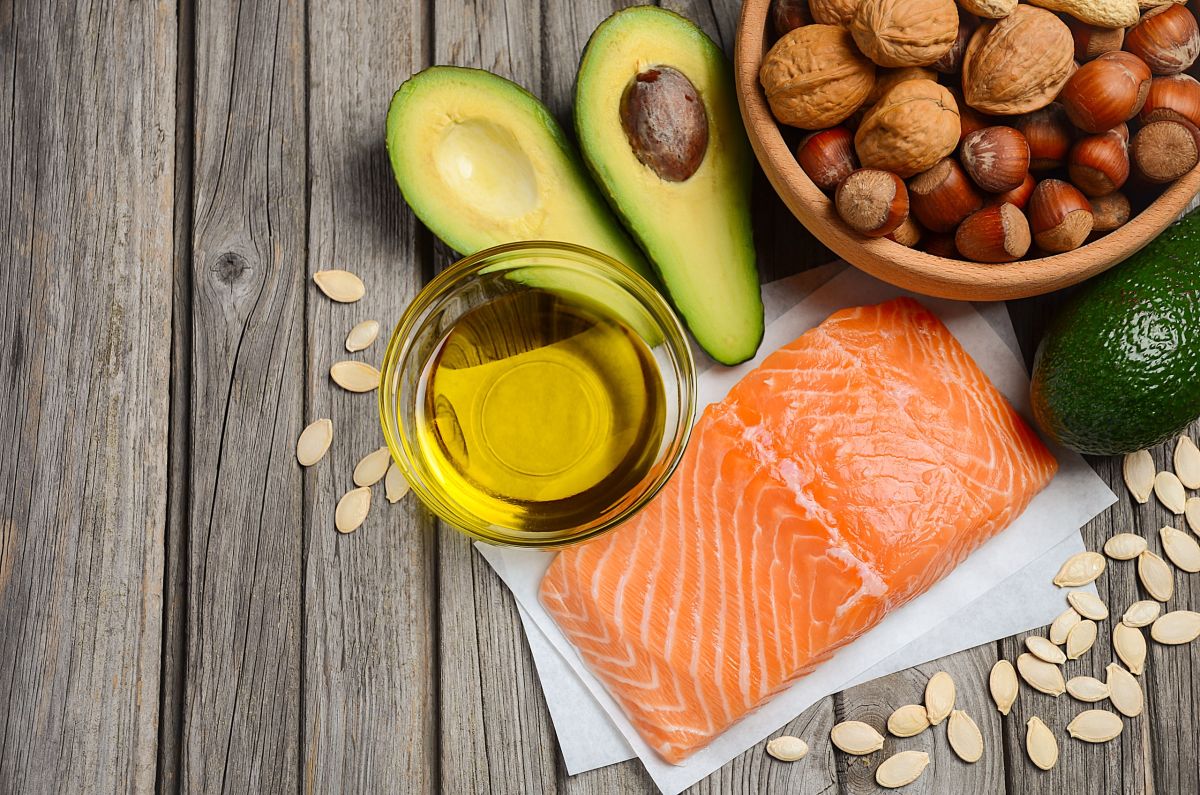Contents:
- Medical Video: Healthy Dose: Calcium Supplements Linked to Dementia Risk in Some Women, Study Finds
- What is calcium?
- Why is calcium important?
- How much calcium is needed?
- What is a good calcium supplement for pregnant women?
- Calcium-rich food source
Medical Video: Healthy Dose: Calcium Supplements Linked to Dementia Risk in Some Women, Study Finds
During pregnancy, the fetus in your womb will need calcium intake for the formation of strong bones and teeth. Calcium is also important for keeping your heart rate steady and nerves and muscles functioning properly.
What is calcium?
Calcium is a type of mineral that is important for living things, including humans. We need to consume some calcium to form and maintain healthy bones and healthy communication between the brain and various parts of the body.
Why is calcium important?
When you are pregnant, your developing baby needs calcium to form strong bones and teeth; developing heartg, nerves, and strong muscles; and to develop heart rhythms and blood clotting abilities normal one. In addition, calcium also lowers your risk of experiencing high blood pressure (hypertension) during pregnancy and decreases your risk of experiencing one of the dangerous complications of pregnancy, namely pregnancy poisoning or pre-eclampsia. If you don't get enough calcium in your food while you are pregnant, your baby will absorb calcium from your bones so that it can interfere with your own health in the future.
How much calcium is needed?
Women over 18 should consume 1,000-2,000 milligrams (mg) a day before, during, and after pregnancy. Women under the age of 18 must consume more calcium, which is 1,300 mg.
Most women don't get enough of this important mineral. To get around this, consume at least four servings of dairy products or other calcium-rich foods in one day.
Even if you are no longer breastfeeding, keep your calcium intake. You will need calcium to help strengthen bones and prevent bone loss (osteoporosis) later on.
Prenatal vitamins usually provide at least 150 to 200 mg of calcium for your daily needs. You can try different calcium supplements, but keep in mind that your body can only absorb around 500 mg of calcium at a time. So you need to take your calcium supplements in smaller doses several times a day, for example three times a day consuming 500 mg elemental calcium.
But remember, don't overdo calcium. Too much calcium can cause constipation, increase the risk of kidney stones, and inhibit absorption iron and zinc from food for your body.
Make sure the total calculation of food, supplements and water does not exceed 2,500 mg. Bottled mineral water contains an average of 208 mg per liter, and bottled pure water usually contains very little calcium.
What is a good calcium supplement for pregnant women?
Calcium supplements are available in various forms, the most commonly found are calcium carbonate and calcium citrate which are most easily absorbed by the body.Calcium carbonate contains the most calcium, but needs it gastric acid extra to help dissolve, so it's better to eat while eating. Whereas because calcium citrate does not require stomach acid for absorption, it can be consumed between meals and is a good choice if you take ulcer medicine which reduces stomach acid.
In addition, look for lead-free tablet products. Some calcium supplements (such as those containing bone meal, dolomite, or coral) can contain a little lead, which is harmful to your baby's growth.
Calcium-rich food source
Calcium can be found in a variety of foods and drinks. Nutritionists recommend that you get calcium intake, not only from one food source, but from a variety of available.
Below are calcium-rich foods and drinks:
- Milk
- Cheese
- Yogurt
- Fig
- Broccoli
- Spinach
- Know
- Dandelion leaves
- Breakfast cereal
- Enriched drinks, including soy milk and various fruit juices
- Crushed eggshells - eggshells can be boiled in boiling water, then ground into powder and added to food and / or drinks.












